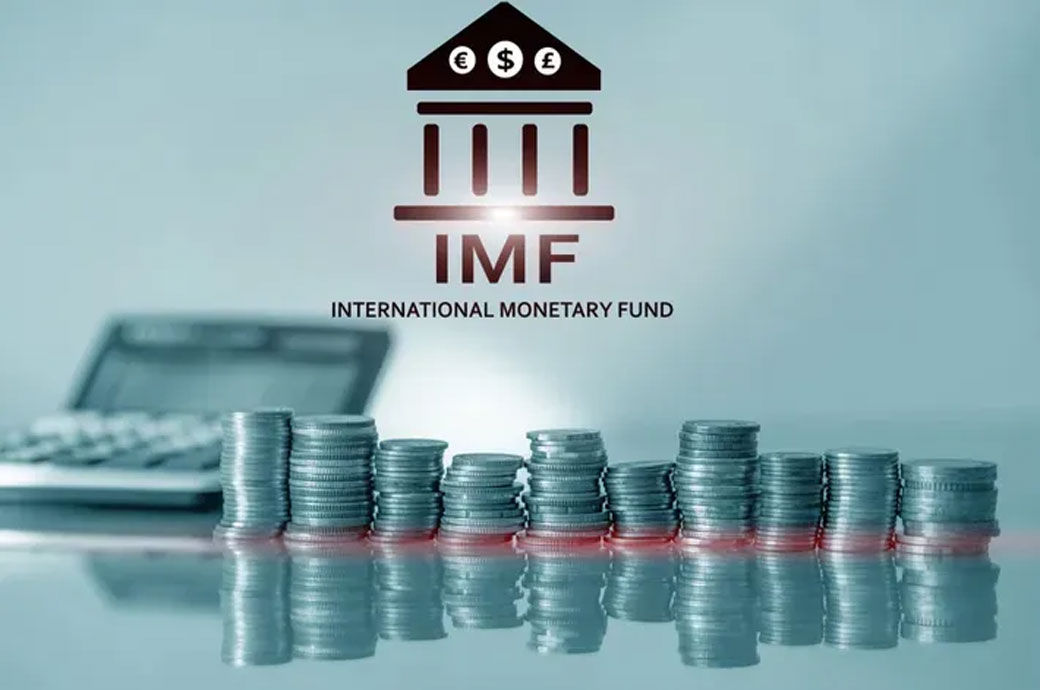

“The biggest risk emphasised in the Fiscal Monitor is debt. Recent market developments show increased sensitivity to weak or deteriorating fundamental. That raises the specter of frequent or widespread fiscal crisis,” added Gaspar in an IMF press release.
Debt decreased because of deficit reduction, economic recovery and inflation shocks, the document said.
A sharp downturn would further accentuate tradeoffs among competing priorities of demand management, debt stabilisation, protection of vulnerable populations and investment for the future, IMF reported in the publication.
Defining a consistent medium-term policy framework for the post- pandemic world is crucial. Relying on repeated inflation surprises to reduce public debt is not a viable strategy and will lead to spending pressures, the document cautioned.
Reducing deficits, as many advanced and emerging markets are projected to do, is necessary to help tackle inflation and address debt vulnerabilities, it noted.
Emerging markets face a multitude of risks stemming from high external borrowing costs, stubbornly high inflation, volatile commodity markets, heightened uncertainty about the global economic outlook, and pressures from policy tightening in advanced economies.
Pressures are particularly acute in frontier markets, where challenges are driven by a combination of tightening financial conditions, deteriorating fundamentals and high exposure to commodity price volatility, the document said.
The challenging macroeconomic environment is also pressuring the global corporate sector. Credit spreads have widened substantially across sectors since April. Large firms have reported a contraction in profit margins due to higher costs, while downward revisions to global earnings growth forecasts appear to be gaining momentum on concerns about a possible recession, it said.
At small firms, bankruptcies have already started to increase in major advanced economies because these firms are more affected by rising borrowing costs and declining fiscal support, it observed.
Emerging market and developing economies will need significant climate financing in coming years to reduce their greenhouse gas emissions and to adapt to the physical effects of climate change, the IMF document added.
Fibre2Fashion News Desk (DS)